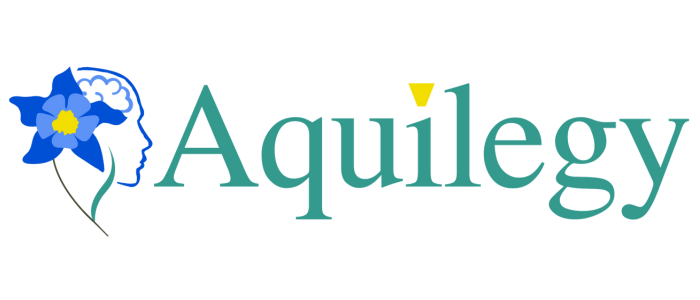As we age, maintaining cognitive function becomes a cornerstone of healthy aging support. Recent scientific interest has turned to selenium, an essential trace mineral, for its potential role in preserving memory and supporting long-term brain health.
How Selenium Supports Brain Health
Selenium is vital for the production of selenoproteins, specialized proteins that serve as molecular defenders in the brain. These proteins neutralize harmful molecules, regulate inflammation, and support neuron energy production—functions that are crucial for protecting brain cells from oxidative stress, a major contributor to cognitive decline and neurodegenerative diseases. The brain’s high metabolic demand makes it especially vulnerable to oxidative damage, and selenium’s antioxidant properties help counteract this risk, providing robust healthy aging support.
Evidence Linking Selenium to Memory Preservation
Multiple animal studies have demonstrated that selenium supplementation can improve spatial learning and memory, particularly in models of Alzheimer’s disease. For example, research using genetically engineered mice prone to Alzheimer’s found that selenium supplementation increased both selenium and glutathione peroxidase (GSH-Px) levels in brain tissue, enhanced neuronal health, and improved memory performance. These effects were linked to the activation of the BDNF/TrkB pathway, a critical signaling route for memory and learning. Other studies in rats exposed to chronic stress showed that selenium protected against memory deficits and normalized key biochemical markers in the hippocampus, the brain’s memory center.
Human studies, while more mixed, also suggest a connection. Higher selenium intake and blood levels have been associated with better cognitive scores in older adults, though not all research has found a direct correlation. Notably, selenium deficiency is linked to increased risk of cognitive decline, underscoring its importance in healthy aging support.
Practical Considerations for Healthy Aging Support
Adults require about 55 mcg of selenium per day, with a maximum safe limit of 400 mcg to avoid toxicity. Selenium is found in foods like Brazil nuts, seafood, and whole grains. Given that an estimated one billion people worldwide may have inadequate selenium intake, targeted supplementation could be a practical strategy for healthy aging support, especially in populations at risk of deficiency.
Emerging evidence positions selenium as a promising ally in the quest for healthy aging support, particularly for memory preservation. By combating oxidative stress and supporting essential brain functions, selenium may help reduce the risk of neurodegenerative diseases and maintain cognitive vitality as we age. As always, a balanced diet rich in selenium, combined with high-quality supplements when necessary, offers a proactive approach to brain health and healthy aging support.
Contact Us
Ready to take charge of your brain health and embrace healthy aging support? Discover Aquilegy—the first-of-its-kind daily formula designed for adults of all ages who want to boost memory, sharpen focus, and support mood with ingredients backed by human research. Unlike other supplements, Aquilegy contains no proprietary blends or artificial additives—just pure, effective nutrients like selenium, B vitamins, and turmeric, all chosen for their proven benefits in memory and mood support. Visit Aquilegy today and start your journey toward better memory, better mood, and lasting healthy aging support.





